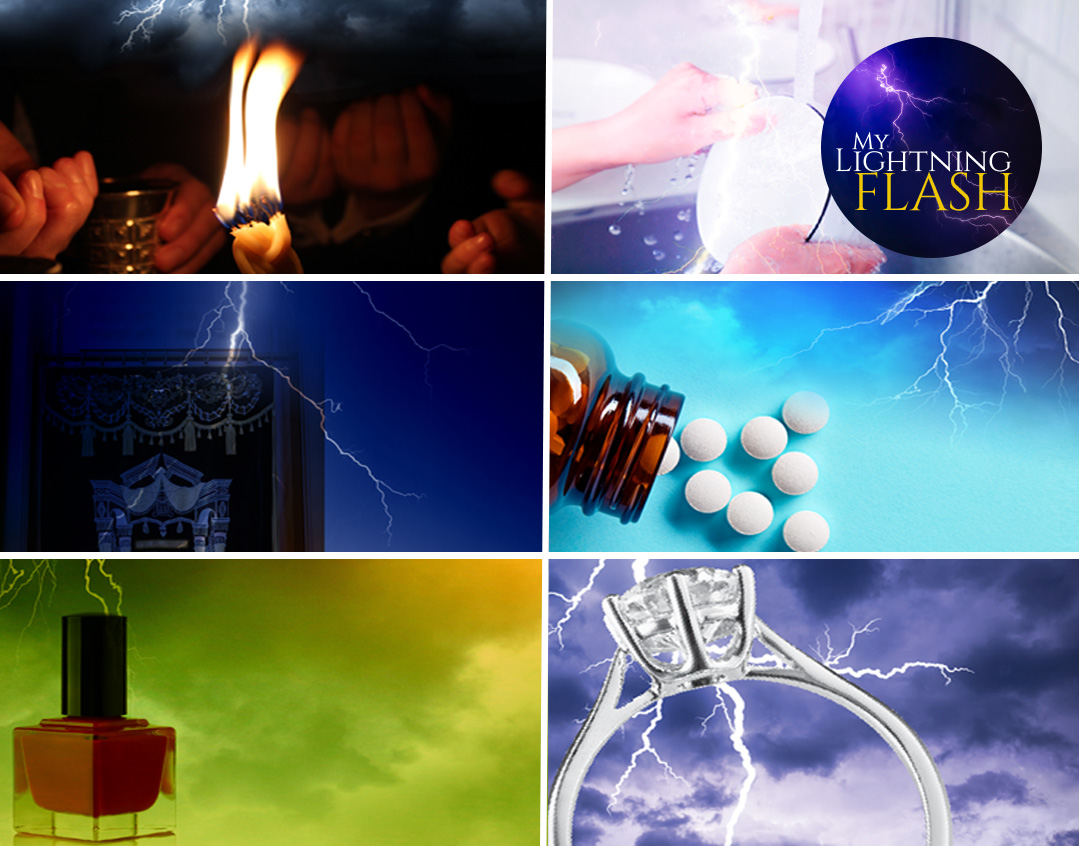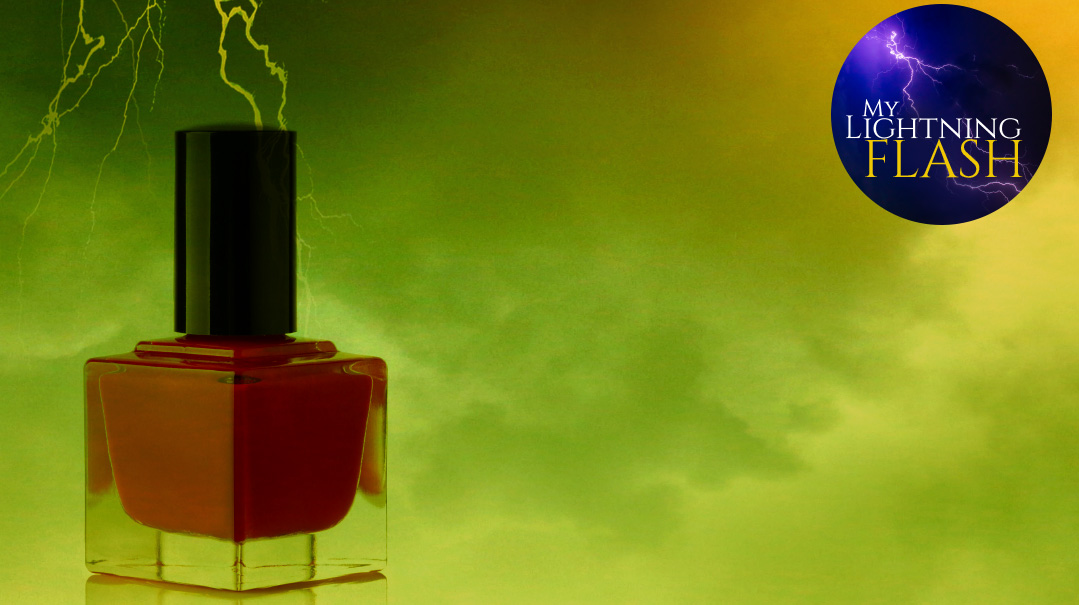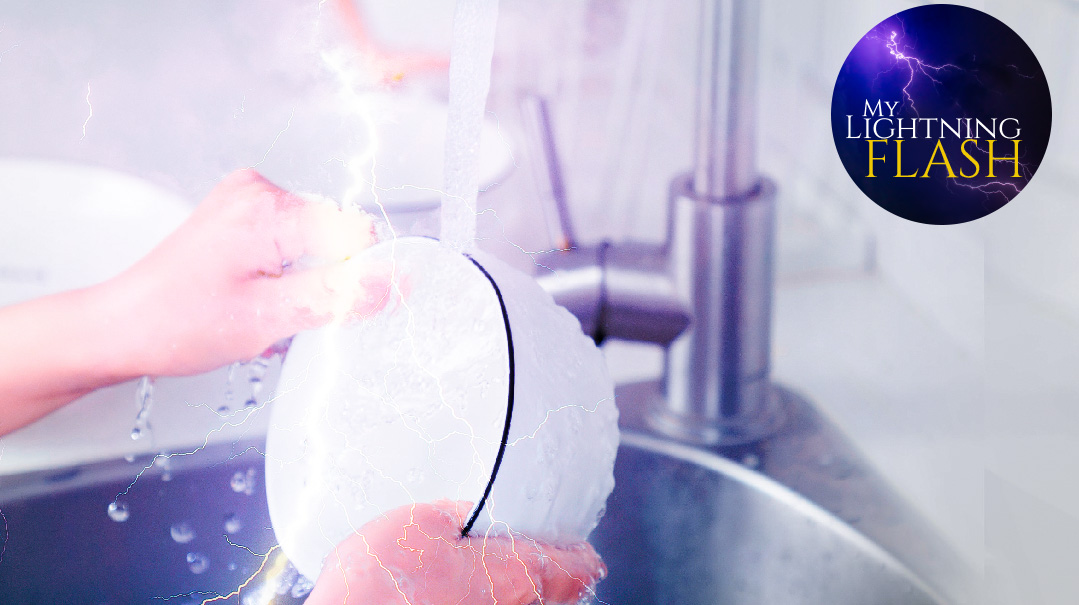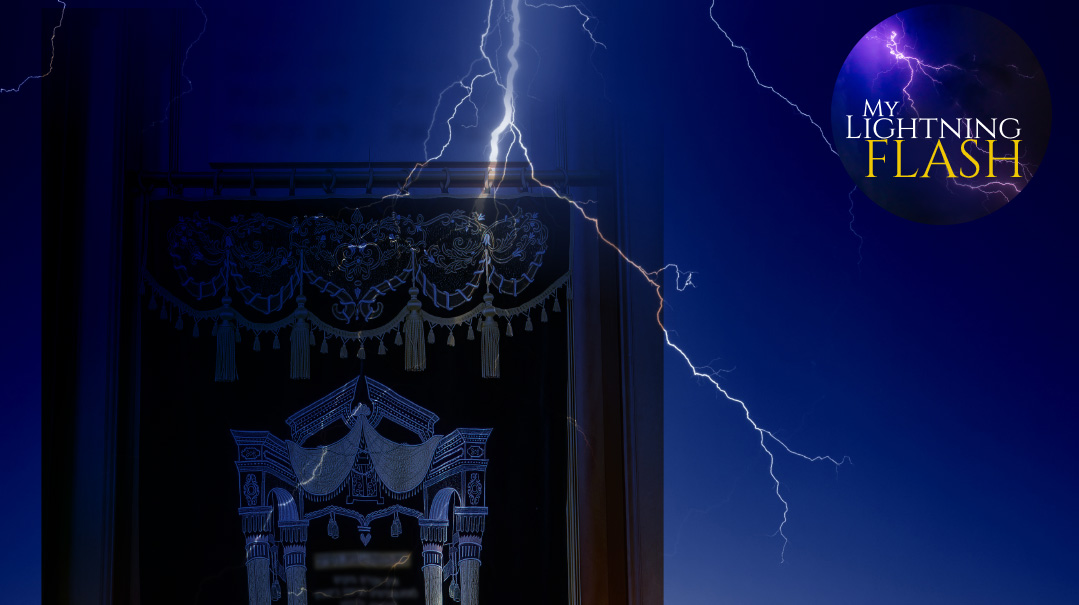Never Say Goodbye

As we stood at Har Sinai, we saw the thunder, heard the lightning. The lightning fades, but the sudden burst of clarity takes you forward. Six women share a moment that illuminated their path
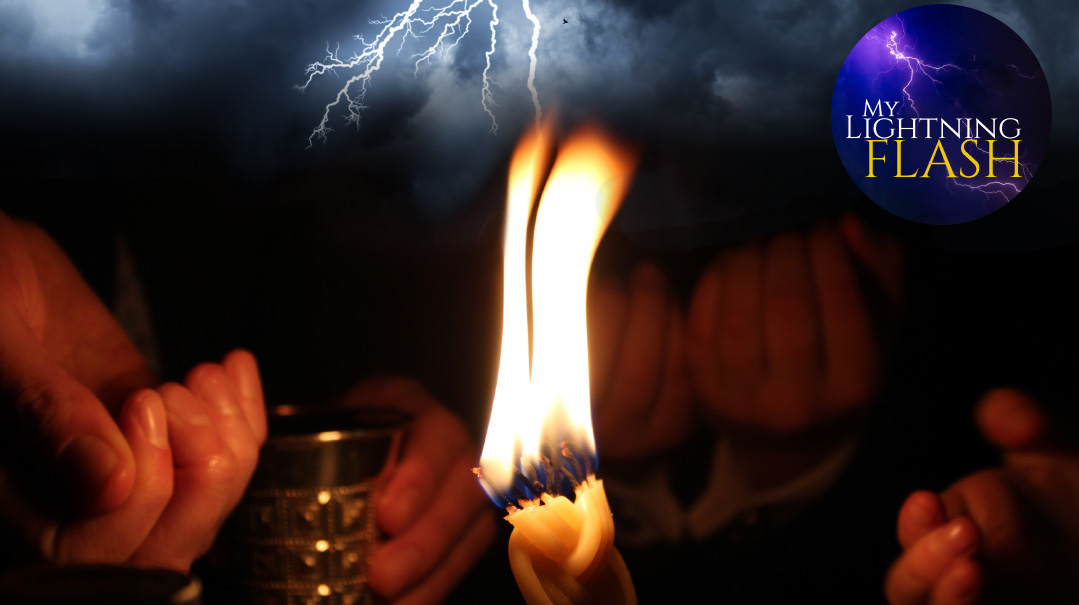
Girls in the seventh grade are usually busy with hairstyles and shoes and homework. In whispered conversations with classmates they might ponder the shidduch date they aren’t supposed to know their brother is on, and whether or not their teacher is expecting.
I, on the other hand, was a tomboy busy with hockey and softball and homework. In whispered conversations with classmates we pondered the Abominable Snowman, Bigfoot, the Loch Ness Monster, and the Bermuda Triangle.
G-d was not excluded from these philosophical discussions. “Do you believe in G-d?” we asked one another. I was a secular Jewish kid in a class of mostly non-Jewish kids, all of us trying to make sense of the world.
I admitted to the others that I was scared of the Loch Ness Monster and terrified to go near the Bermuda Triangle. But what I didn’t share with anyone was that I did believe in G-d. I couldn’t see Him or feel Him, but I sensed His presence. Everywhere. All the time.
Every night, I’d lie awake in bed, clutching my teddy bear, and I’d talk to G-d. Well, I talked and He listened, but I felt safe.
This nightly conversation with G-d was a secret. If I couldn’t admit to anyone that I believed in G-d, I certainly wasn’t going to reveal that I spoke to Him! That just wasn’t something people did.
The Judaism I grew up with was cultural. I did the Hebrew school thing three times a week and was proficient at reading and writing Hebrew (though I didn’t understand much). We lit an electric menorah on Chanukah and ate matzah on Passover. I even went to Camp Ramah for two summers and got the Shabbat experience. But it was akin to learning about Korea for a class project in fifth grade: cultural, theoretical, informative.
Until I attended my first NCSY Shabbaton.
I was all of 11 years old. Dozens of people were dancing around the social hall, singing songs I’d never heard, whirling and twirling and clapping and smiling and waving their arms and whooping as if Mike Bossy had scored a hat trick (the only other time I’d seen this level of enthusiasm).
And they had a song for everything. They sang Bircas Hamazon and about Bircas Hamazon, they sang zemiros that ranged from a dirge to an Irish pub song, they sang a little ditty about getting up to wash, and another one about going back to the table. Fast, upbeat, perky songs that at age 11 didn’t make me roll my eyes. I was having loads of fun.
There were advisors everywhere who, I was sure, were there just for me. They listened. They told funny stories. They were smart and personable, and really into this stuff.
They were real.
Barry Nathan a”h, before he was Rabbi Barry Nathan, sat down next to me, opened a booklet, and asked, “What songs do you know? We’ll sing them.” I only knew one song, something I’d learned in Hebrew school as part of the prayer service. He hesitated for just a second, said, “Sure thing, stay here,” and hustled off to confer with some other advisors. Somehow, that arcane song was sung at that shabbaton.
This was nothing like the Judaism I’d experienced until then — a meandering trickle in a drying stream. This was alive — a gurgling, bubbling brook, and I had fallen into it, surprised and delighted to find out that I already knew how to swim.
I suddenly realized these were people who actually believed in G-d, and weren’t ashamed to admit it! I was shocked to discover that Judaism was more than a culture, and that the Torah was not merely a theoretical text but a guide for your day-to-day life.
This was a unique opportunity to transfer my belief in G-d from the mystery box in which the Abominable Snowman resided to an open shelf, to shine a light on it. And best of all, I discovered there was something I could actually do with this belief. I could act on it. I could make it part of my life.
Except that the shabbaton would end, and I’d go back home. Shabbos wasn’t a part of our life. Judaism was a thing we did, from time to time. Changing this pattern wasn’t realistic. It wasn’t practical.
The shabbaton had been enjoyable, but Shabbos would have to be left behind. I’d be sure to attend more NCSY events, but I’d leave the living of Judaism to these unique people.
Then came Havdalah.
A darkened room, shadowy forms huddled around a lit torch.
Dovid Orlofsky, before he was Rabbi Dovid Orlofsky, stepped into the firelight. He spoke about Judaism. He spoke about Shabbos. He spoke about G-d.
I listened. I connected. I yearned.
But this kind of Judaism wasn’t an option for me. Hebrew school and Friday night synagogue would have to be enough.
Then Rabbi Orlofsky’s next words thundered throughout the room, penetrating straight into my heart. “You can’t just say goodbye to G-d! You can’t visit once a week. That’s not us. You don’t say goodbye to G-d.”
And it clicked. I thought, I don’t want to say goodbye to G-d. And another thought followed: I can do this. All these people, they’re doing it. They’re living Judaism, they are actually doing something to be with G-d, to connect to Him, every single day.
I decided on the spot to take this nebulous feeling about G-d, this yearning, this connection, this ongoing dialogue, and turn it into something concrete.
You can’t just say goodbye to G-d.
I heard those words exactly 40 years ago. Words that changed the entire course of my life.
In memory of Boruch Bendit ben Shlomo Chai
(Originally featured in Family First, Issue 742)
Oops! We could not locate your form.

